What’s the Difference Between a Refugee, an Asylum Seeker and an Immigrant?
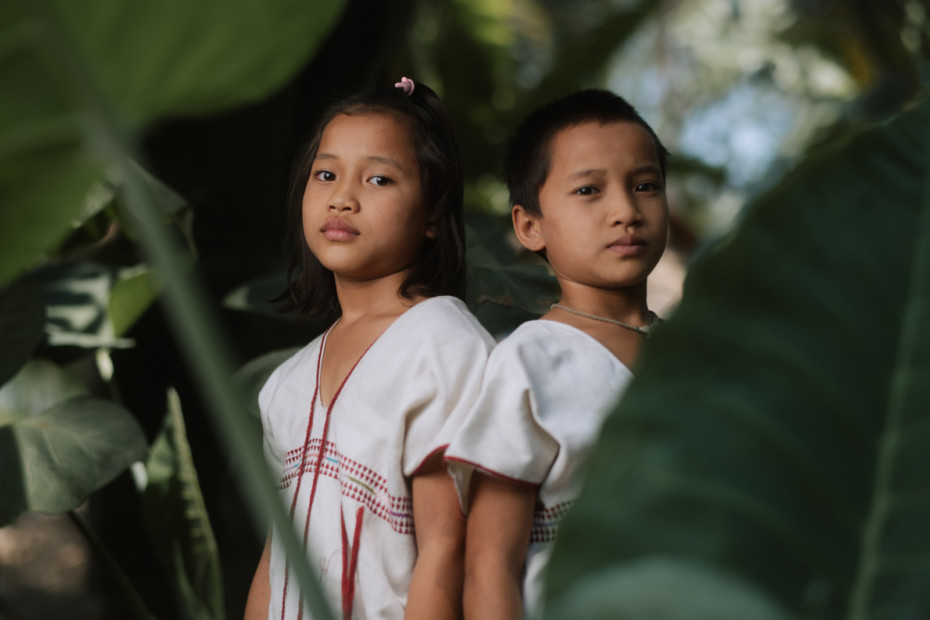
In the past several years, the number of people moving away from their homes has exploded. War, violence, political instability and poverty are pushing people to search for better places. But the terminology can be confusing. What’s the definition of a refugee? How is that different from an internally displaced person, a stateless person or an asylum seeker?
Continue Reading ›Why Girls Are So Amazing
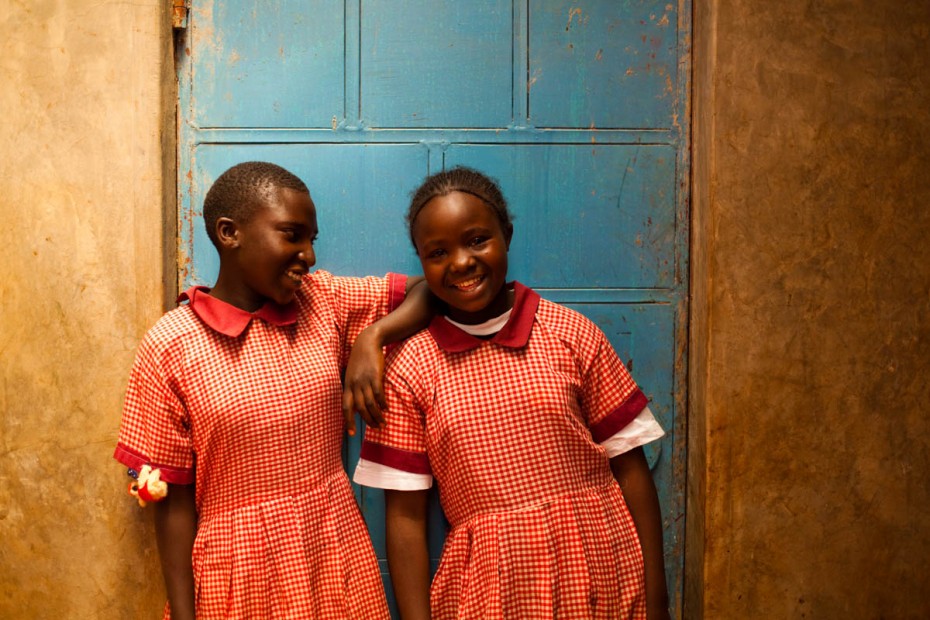
It’s International Women’s Day, a day to honor and celebrate the cultural, social, economic and political achievements of women. It’s a day to remind ourselves why girls are so amazing.
Continue Reading ›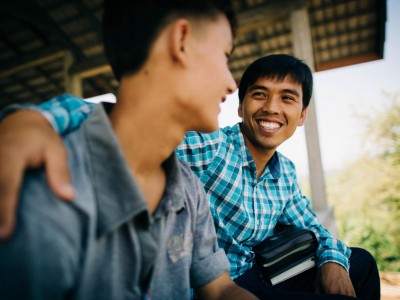
A New Identity
In the Chaing Rai Province, 17-year-old Sombat is one of thousands of youth in our programs in Thailand that lacked legal citizenship. Knowing the challenges and limited opportunities these children and their families have because of lack of legal identity, Compassion Thailand set out to do something about it.
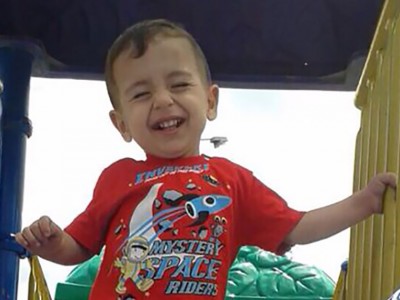
Aylan Kurdi: The Power of One Child
One small child had barely enough time on this earth to dig his feet in and get acquainted with it. His short-lived life has made me hope that we’ll never be a people that says, “It’s just one child.”
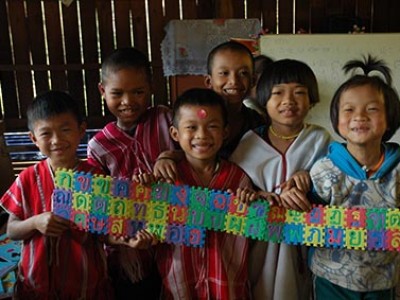
The Refugees of Sao-Hin
Students followed Jesus’ footsteps, entering a deep jungle near the Thailand-Myanmar border to minister to the children and adults living in Sao-Hin.


